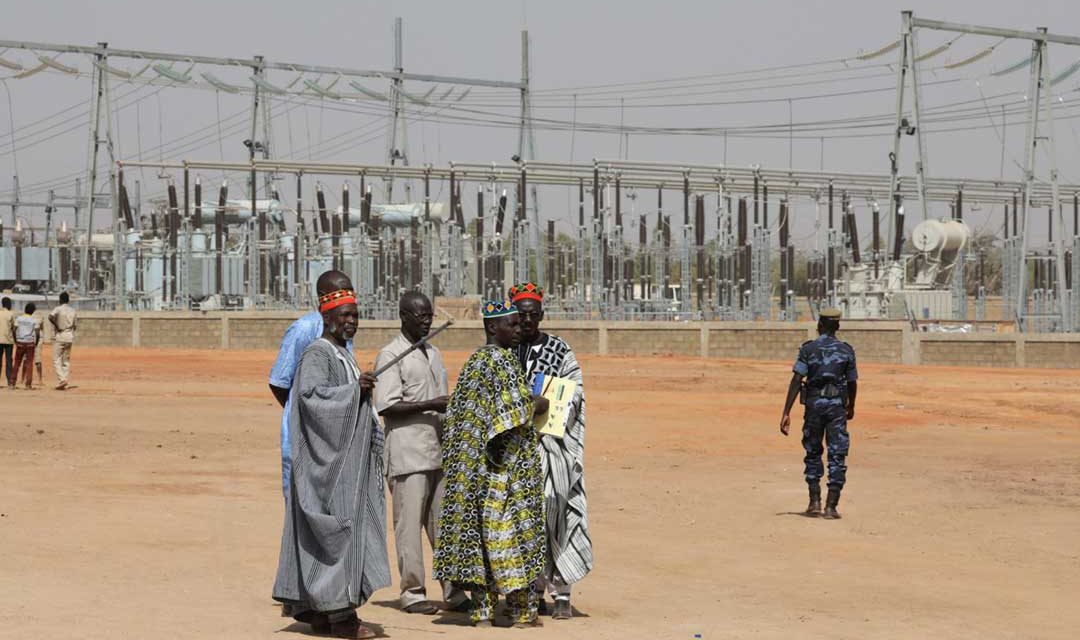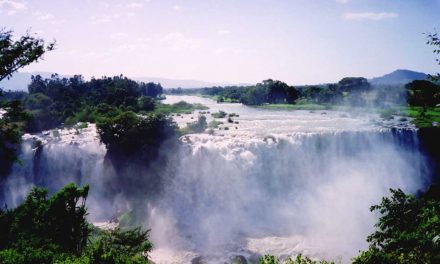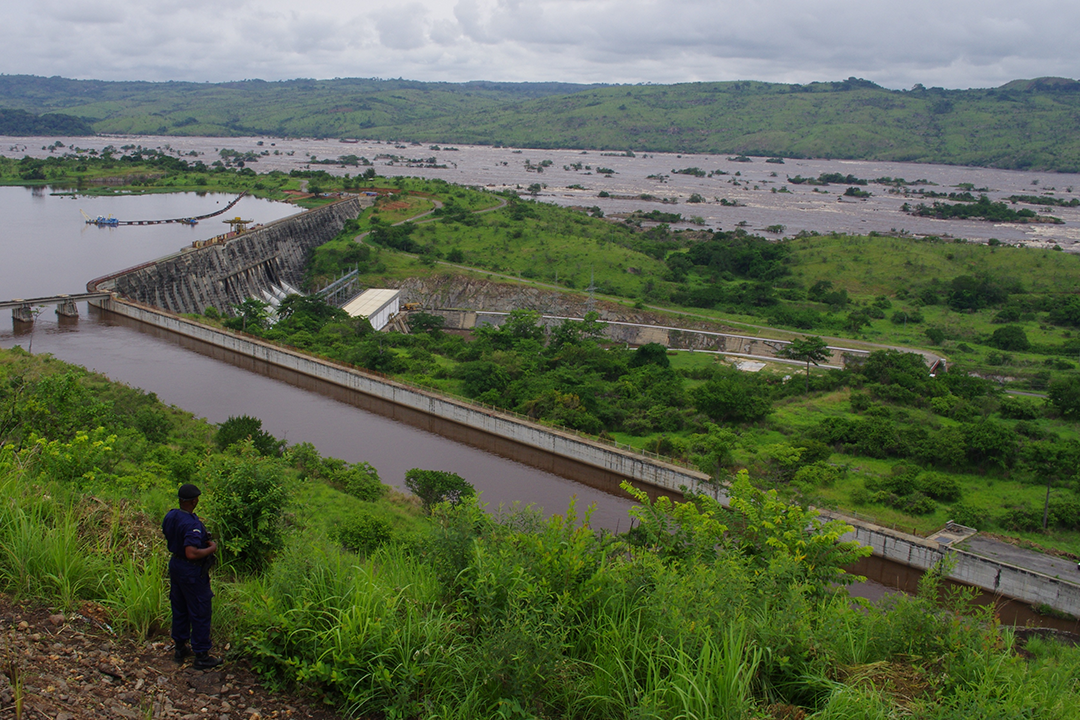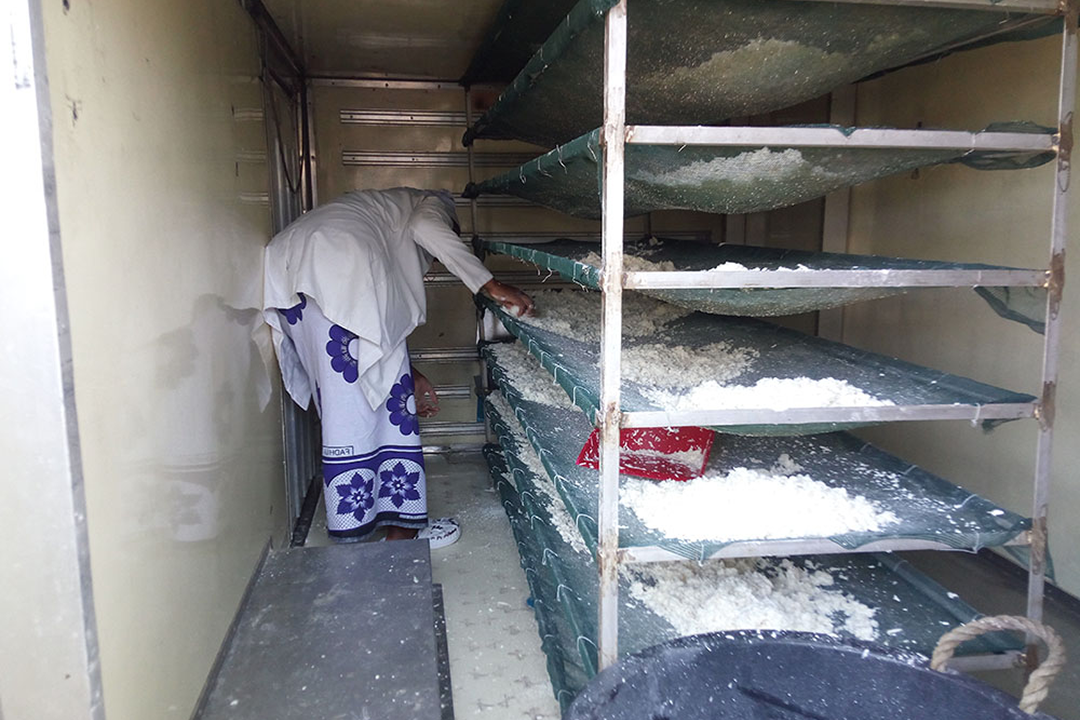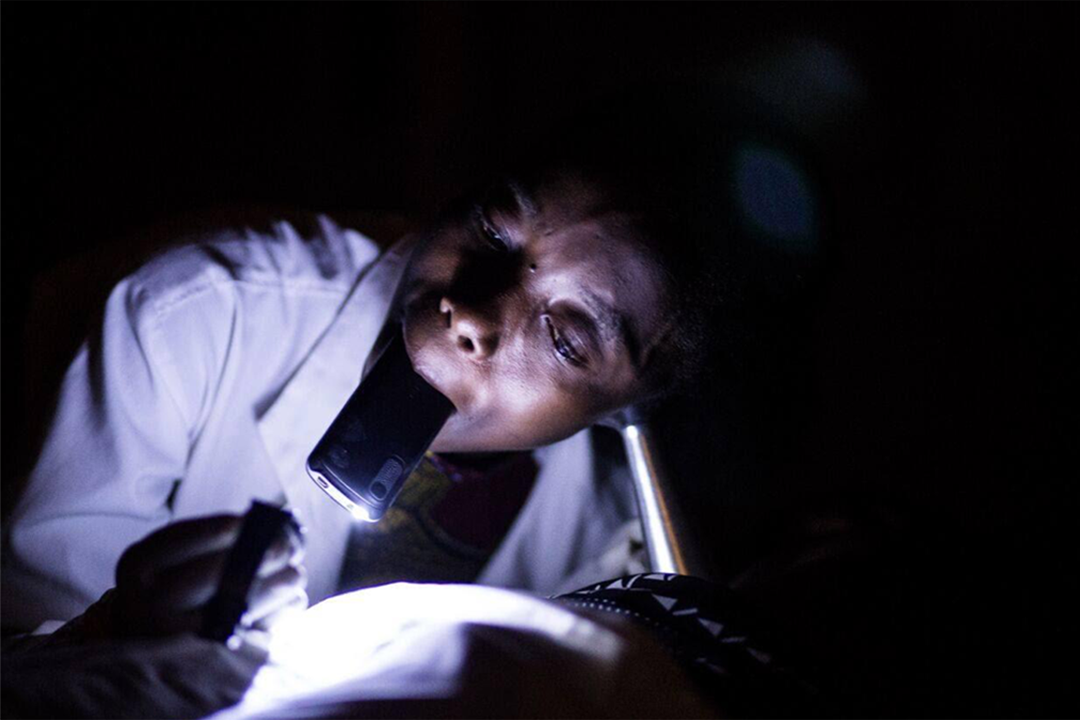Africa’s involvement in PPPs has been limited by an inability to guarantee investor funds, and gaps in capacity
Africa is home to about 1.3 billion people. It is the second-largest and second most populous continent in the world. The abundance of resources notwithstanding, the continent remains under-developed and very little of these resources have translated into sustained economic growth for the majority of people. Africa is food-insecure in spite of having vast areas of arable land, many lack access to safe water, health, education and energy. Energy is central to poverty reduction efforts and the sustainable development of Africa.
According to the International Finance Corporation (IFC), energy is a broad sector that holds two important yet very different industries: the oil and gas sector, and the power sector. Access to energy is essential to close development gaps in emerging markets. It underpins the investments, innovations, and industries that drive inclusive growth, create jobs and markets. It strengthens economies, enhances basic human needs, such as food and shelter, and improves education and public health.
Africa’s development is directly dependent on her ability to meet her energy needs. The African Development Bank (AfDB) has estimated that Africa needs at least $170 billion a year by 2025 to finance her infrastructure needs, with a financing gap of $68 to $108 billion a year.
The United Nations Economic Commission for Africa (UNECA), in its 2011 Africa Infrastructure Country Diagnostic (AICD), said that over a 10-year period, as much as $48 billion in new investment is needed annually in Africa to make up the spending shortfalls in all infrastructure sectors. But $29 billion, or 61% of that total, is needed in the energy sector. With at least 600 million Africans living without access to electricity, billions of dollars are needed for energy related projects.
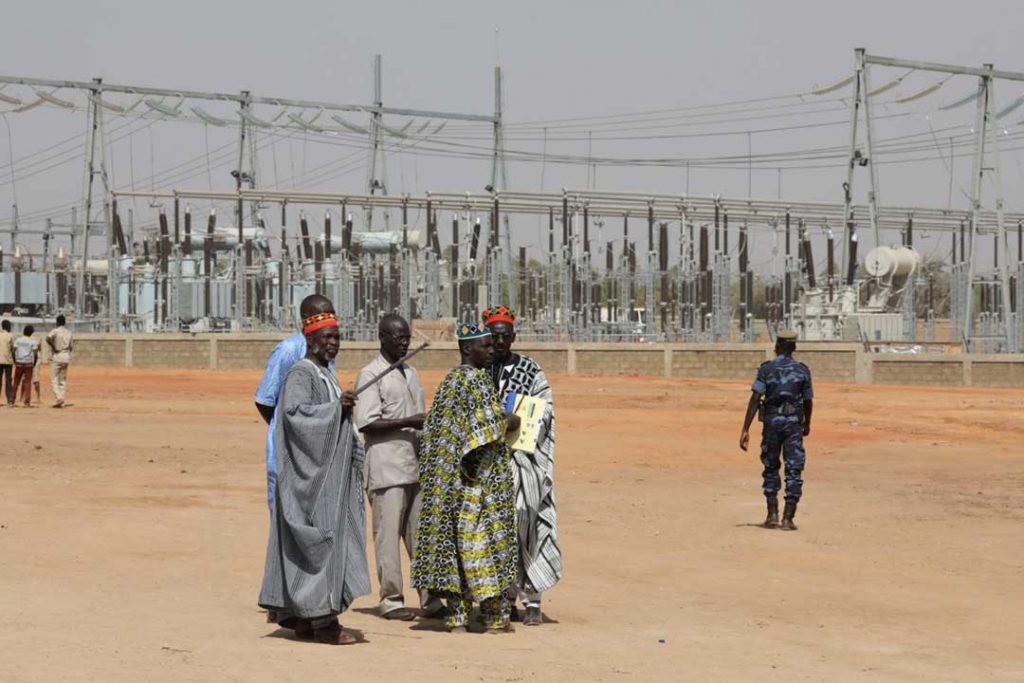
The solar energy power plant in Zaktubi, near Ouagadougou taken on November 29, 2017, on its inauguration day. (Photo by LUDOVIC MARIN / POOL / AFP)
Sustainable Thermal Energy Partnerships (STEPs), a project sponsored by the United Kingdom’s Department for International Development, revealed that Africa’s energy capacity and infrastructure have developed at a far slower pace than economic growth. It found that the rate of electrification access in Africa is less than half of other developing regions such as South Asia and Latin America.
The lack of investment in energy in Africa is evident in Nigeria. With a population nearing 200 million, the country only has an installed electricity capacity of some 8,500 MW, providing a per capita 150 KW annually. This is far less than countries with considerably smaller GDPs, such as Cameroon (256), Cote d’Ivoire (212) and Gabon (907). Across Africa, Private-Public Partnerships (PPPs) are increasingly seen as an essential mechanism to finance infrastructure facilities hitherto provided by the public sector.
The African Journal of Management (AJM) has described PPPs as cooperative arrangements between governments and multinational corporations that are created to finance, construct and manage infrastructure projects. Constraints on public sector resources, growing pressure on government budgets, and concerns about the efficiency of services provided by the state have led to many governments stepping up their efforts to encourage partnerships with the private sector. To radically improve infrastructure networks and enhance service delivery, governments are looking to PPPs.
Much of the success of a PPP derives from the strengths of both the private and the public sector to provide an efficient and cost-effective public service and ramp up implementation and/or coverage.
The drivers of PPP growth on the continent include increased efficiency in project delivery and operation; reinforcing competition; access to advanced technology; and reducing government budgetary constraints by accessing private capital.
Across the region, government is latching on to PPPs. Between the years 1990 and 2008, approximately 360 infrastructure projects were implemented using private participation in sub-Saharan Africa, with a combined value estimated at around $70 billion. Recently, in March 2020, the International Finance Corporation (IFC) committed $750,000 to Comasel de St Louis, Senegal, a wholly-owned subsidiary of Morocco’s electricity utility, the Office National de l’Electricité, for a project that will use a mix of grid connections and individual solar kits to bring power to 20,000 rural households in 300 Senegalese villages. There is also the Gurara Hydro Power Project (30 MW) concession in Kaduna, Nigeria, a 25-year Operate and Maintain PPP project by North South Power Company Limited, which began on 12 May 2020.
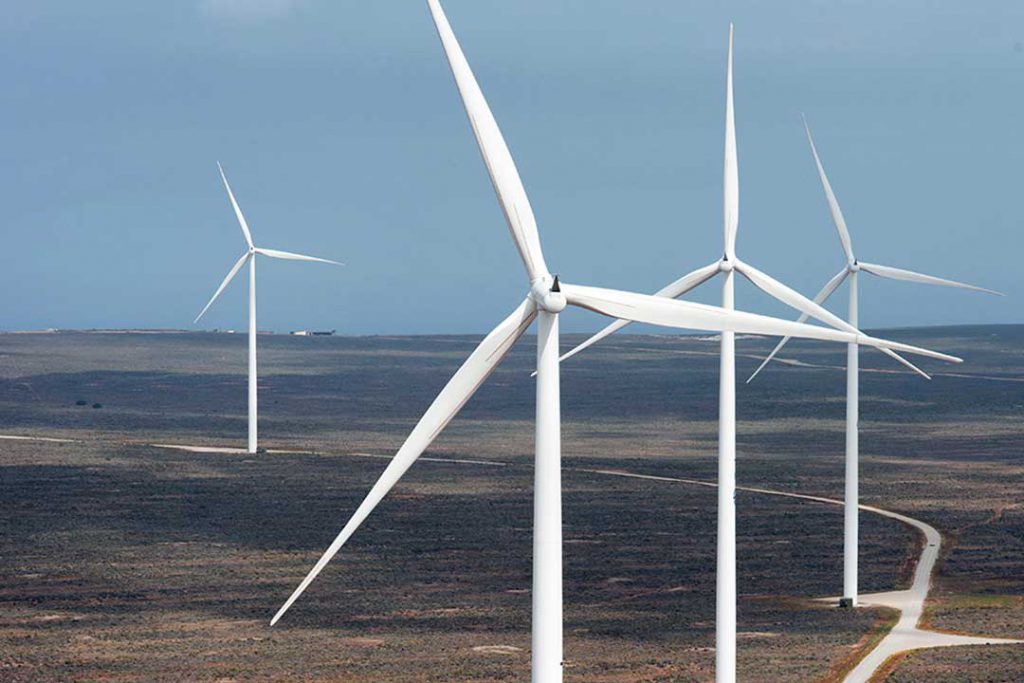
The Sere wind farm, which consists of 46 turbines, each standing 115m above the ground and producing 2,3 megawatts of electricity, is managed by Eskom, the South African government parasatal charged with electricity supply, and was built by Siemens. Heavily reliant on coal-fired electricity, South Africa is launching ambitious new projects aimed at diversifying its energy sources and avoiding the regular power cuts that have hobbled the economy in recent years. Solar and wind energy plants are mushrooming across the country while the government is planning a huge — and controversial — expansion of nuclear power. Photo: Rodger Bosch/AFP
In Cameroon, the Kribi gas-fired power plant project is part of a medium-term strategic development programme for the supply of electricity to the country, which is designed to meet growing electricity demands. Comprising a 216 MW gas-fired power plant and a 100 km long 225 kV transmission line, the $400 million project is co-owned by the private AES Corporation (56%) and the Republic of Cameroon (44%).
Meanwhile, in Mozambique, UK company Aggreko and its local joint-venture partner Shanduka Group, has opened and delivered power from its 107.5 MW interim gas-fired power plant at Gigawatt Park in Ressano Garcia. The project is a Power Purchase Agreement (PPA) that Aggreko signed with Electricidade de Moçambique (EDM), the Mozambique power utility, and the country’s South African counterpart, Eskom.
Kenya’s Thika power plant project consists of the development, design, construction and operation of a Greenfield 87 MW heavy Fuel Oil (HFO) diesel power plant on a 20-year Build-Own-Operate (BOO) basis about 35 km from Nairobi. Thika Power is a subsidiary of Melec PowerGen Inc., an affiliate of the Matelec group of companies from Lebanon.
Theoretically, PPPs have the potential to solve Africa’s profound infrastructure and service deficits. In comparison to other continents, Africa’s involvement in PPPs has been limited, largely due to an inability to guarantee investors’ funds, and gaps in capacity.
It is also imperative that a clear institutional framework be put in place. This framework will be a critical factor in the success of PPPs and would help with defining roles for regulation, preparation, assessment, supervision, monitoring and evaluation. States must strengthen the institutions of governance. One way to achieve this is by passing laws that guide the actions of state institutions. This would make it harder for government agencies that are critical to the success of PPPs to be weakened by political interference.
Nigeria’s Minister of Works, Babatunde Fashola, alluded to this at the Lafarge Africa Concrete Ideas virtual meeting held on 13 October, 2020 that legislation like this was of paramount importance in effectively implementing PPPs, citing the example of Nigeria’s Infrastructure Concession Regulatory Commission (ICRC), which was established in 2008 by an act of parliament to regulate the federal government’s PPP endeavours. This aims at addressing Nigeria’s physical infrastructure deficit, which hampers economic development. PPPs investments must be protected from fraud and corruption, which are endemic in many African countries.
On what should Africa focus? Against this background, and as many governments look to seal PPPs that guarantee win-win situations, policymakers and government deal makers must appreciate the need to have watertight deals, at least to save governments from any financial loss and embarrassment. The PPPs adopted by states may differ, depending on focus as well as political and economic goals. Emphasis needs to be on fiscal benefits, the efficiency gains of the private sector, and the development of local financial markets.
There should be concerted efforts to address identified challenges, including unstable macroeconomic policies, weak legal systems, absence of a clear policy framework, lack of (transparent, consistent, and fair) regulations, absence of coherent power sector planning, little or no cost-reflective tariffs, political risks, and poor operational practices. Governments must pursue bankable projects that are capable of attracting private sector investors. They cannot be a regulator and an actor within the energy sector at the same time. Governments should allow market forces to drive prices and service delivery, and only ensure that the right regulatory environment for effective and quality service delivery is guaranteed.

